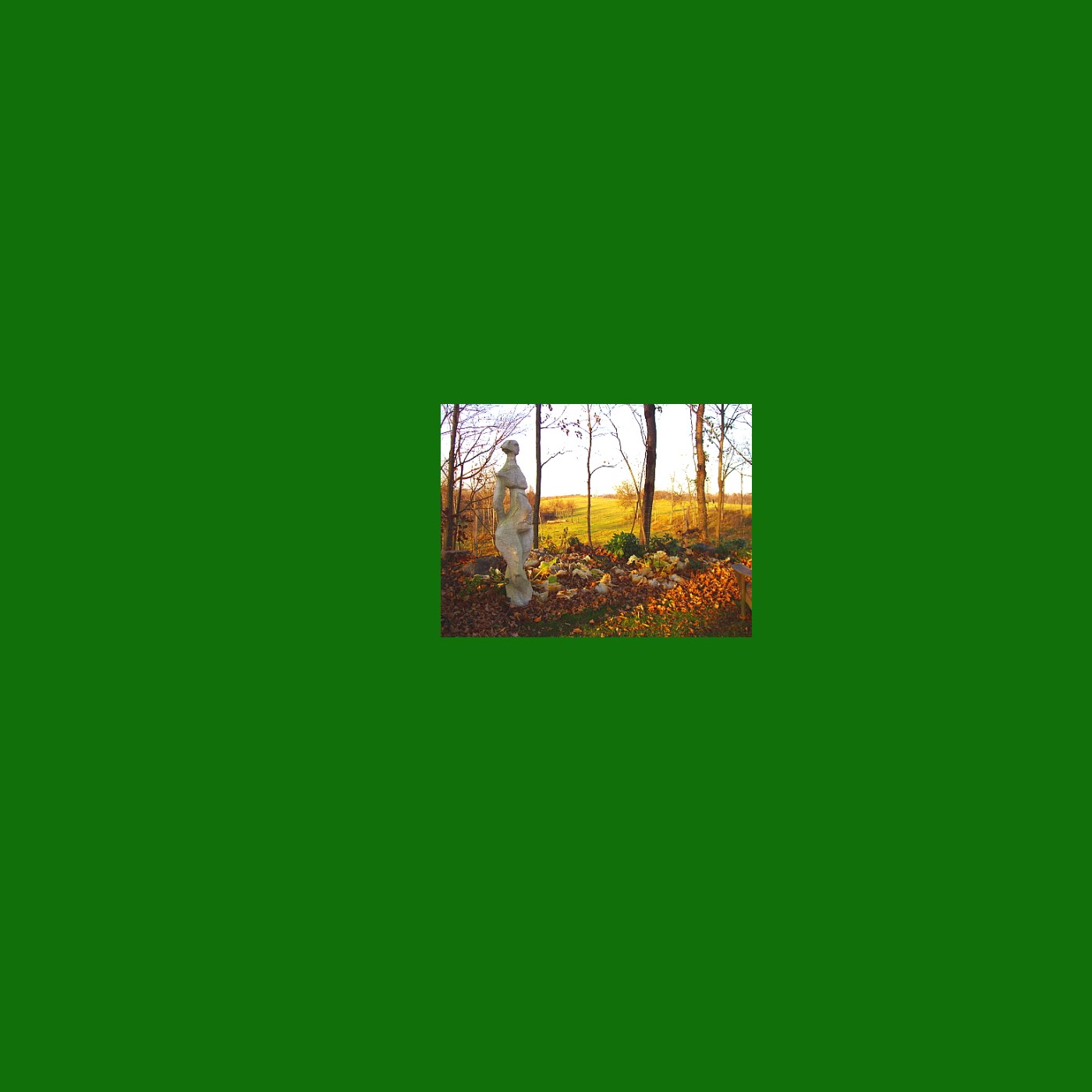With temperatures forecast to plunge well below freezing imminently, I realize the days of covering my fall plantings at night to extend my growing season are over. In preparation for the inevitable, I harvested all the daikon radishes of harvestable size I could find earlier this week. Yesterday, I brought in a large bunch of sorrel that I transformed into sorrel soup; I will bring in the rest, wilt it and freeze it, by tomorrow. This morning, I pulled virtually all the oasis turnips. During this little frenzy of activity, I have occasionally recalled Martin Luther King, Jr.’s expression, “the fierce urgency of now”.
But to be honest, that expression has been lurking in my consciousness for reasons that far transcend the garden. It has far more to do with world events of this week, both historical and current.
This week marks the anniversary of Kristallnacht (the night of broken glass), the organized violence against Jews, Jewish communal institutions and businesses in Germany and Austria that occurred on November 9-10, 1938. Marking the day always causes me to look back at the drawing (above) my Viennese father made as a young adolescent a year or so after the event. My father was not artistic by nature. He was encouraged to draw his memories of the trashing of a Jewish stationery store (If I recall correctly, belonging to his uncle) as a sort of therapy while he was at La Guette, the Rothschild chateau where he and about 60 other German and Austrian children his age were lucky enough to be given refuge and educated up until the German invasion of northern France in 1940.
As we now know, the world felt no great urgency about Kristallnacht or what it might portend at the time. Had there been greater efforts to understand what was happening and what subsequently developed, and to throw sand in the machinery of death once the Holocaust got going in earnest, hundreds of thousands of lives could have been saved. But, as illustrated by the story of Rudolf Vrba, who escaped Auschwitz and tried to alert the world to the mass murder under way, larger geopolitical calculations can frustrate such efforts. I commend to you David Remnick’s interview (“The Man Who Escaped from Auschwitz to Warn the World”) with Vrba’s biographer in this week’s New Yorker Radio Hour for insight into both the power and limitations of such individual action. The story resonates today as we see western governments calculate how directly to confront Russian actions in Ukraine that, if not more vigorously opposed, will also cause mass suffering and death.
If you asked me almost any day, I would say our world is only marginally less unsettled, and unsettling, than the world of 80 years ago. You might say I have traveled through life on a “Tsuris Visa”. I was raised by my parents to always expect cataclysmic “tsuris” (Yiddish for “troubles” or “woes”) lurking around every corner. I started this week fearing tsuris from the elections, either because my preferred candidates would all lose or because, if they won, the other side would violently reject the results. Yet only some of my candidates lost, and in many parts of the country the radical election deniers and authoritarian nationalists I most worry about lost too. Most of the losers seem to have acknowledged the legitimacy of the process. Whether you characterize it as Liz Cheney did (a “clear victory for team Normal”) or as President Biden did (“a good day for democracy”), to me it definitely seemed that “Things are not as bad as I thought.”
As if following the theme of “things are not so bad,” on Thursday we learned that inflation has eased a bit, meaning we may be able to preserve economic stability without inducing a severe recession. The same day I heard an interview on Fresh Air with David Wallace-Wells, a New York Times reporter who once predicted that the earth would become uninhabitable because of climate change. There is now, he says, an emerging consensus among climate scientists that the world will not experience the worst-case scenario. Renewable energy has become the most economical alternative; a low carbon and therefore less overheated future is far more assured. The week was capped off by the most welcome news that the Russians have abandoned Kherson, the sole Ukrainian regional capital seized in their invasion.
Does all this pretty good news mean I no longer have to feel guilty about my relative lack of political engagement? Things may not be great, but are they in a tolerable balance?
I’m afraid the answer is probably no. There is still an activist authoritarian (and often racist and antisemitic) philosophy that holds sway and will likely resurge in large parts of our country. It is gaining power too in Sweden, Italy and maybe Spain. Inflation has not eased enough to make housing, food, or fuel affordable for large numbers of people. Even if we don’t experience the worst possible global warming, we are still going to face more intense heat waves, natural disasters, and disruption to our food production. And the Russians’ retreat from Kherson is not defeat of the invader. It is a strategy to create a more defensible border for seized land. The war is going to grind on.
Situations that seem just tolerably bad today, if left to fester, are going to lead to far deeper tsuris later. I think Dr. King’s words are probably true for every time in every era:
“We are now faced with the fact that tomorrow is today. We are confronted with the fierce urgency of now. In this unfolding conundrum of life and history, there is such a thing as being too late. This is no time for apathy or complacency. This is a time for vigorous and positive action.”
WHAT'S AVAILABLE THIS WEEK:
Just a few things. Eggs are in hiatus until these new girls get a bit bigger. The old girls are producing just a couple a day.
Lamb is sold out but I'm preparing to send 5 or 6 more off to market. If you want to order a whole or half lamb cut to your specifications at $7/lb hanging weight, please let me know.
Last produce:
Daikon radish, $2/bunch Salad turnips, $2/bunch Garlic: $2/head Fresh horseradish root: $4/lb. Sorrel $3/bag
FARM PICKUPS:
Email us your order at [email protected], and let us know when you'd like to pick up your order. It will be put out for you on the side screened porch of the farmhouse (110 Lasher Ave., Germantown) in a bag. You can leave cash or a check in the now famous pineapple on the porch table. Because I'm now here full time, we're abandoning regular pick-up times. Let us know when you want your order any day between 10 and 5, and unless there are unusual circumstances we'll be able to ready it to your convenience. If you have questions, don't hesitate to call or text at 917-544-6464 or email.

In the fog of a frosty fall morning, I trudge across white crusted grass, brushing past ice-laden mugwort leaning into the path, on my...

Turkana Farms, LLC, is a small scale producer of heritage breed livestock and a wide array of vegetables and berries on just over 39...

TURKANA FARMS, LLC Green E-Market Bulletin February 19, 2024 Pullet eggs and other signs of spring Photo by Mark Scherzer Spring to LifeHi all,...